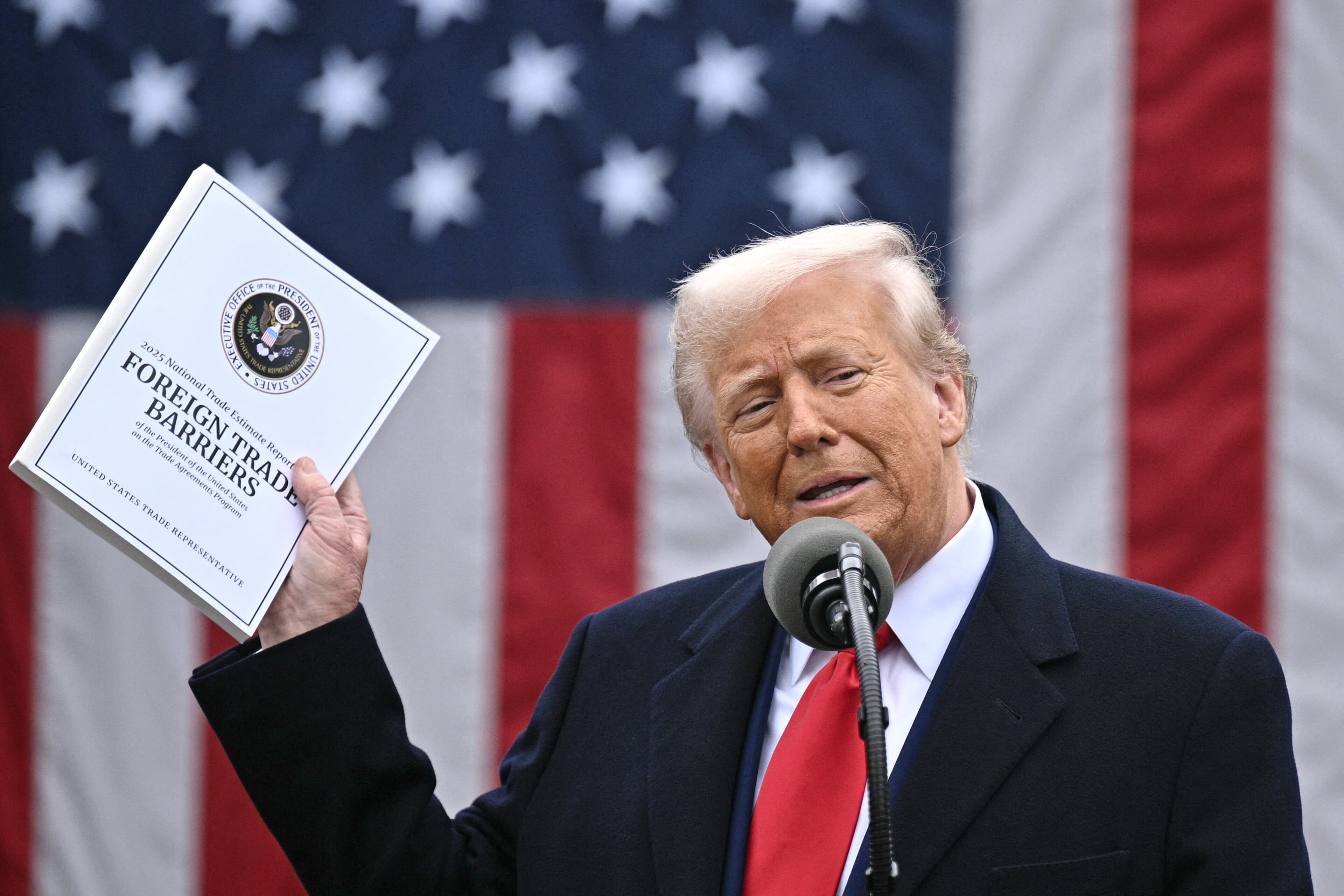As dining rooms across the country close their doors and lay off staff due to the coronavirus outbreak, other typically dine-in restaurants are remaining in business offering takeout and delivery options for customers.
However, for fine-dining restaurants that have never offered these options before, the process of moving online is not always easy, said Nick Kokonas, co-owner of Alinea Restaurant Group, who launched a to-go feature on its reservation platform, Tock to Go, to help other establishments list their menus for takeout.
“Tock allows any restaurant from a small mom and pop, all the way up to famous ones, to very quickly add carryout service,” Kokonas told Cheddar.
While Alinea, located in Chicago, Illinois, serves high-end meals, Kokonas said they recognized early on that the stay-at-home orders were going to be in place for a while. The restaurant group switched away from fine dining and moved to carry-out just days after local officials made the restrictions mandatory.
"We decided to go with comfort food instead and we made that change three days after the mandatory shelter in place was mandated in Illinois,” he said.
The change paid off. Coming off the heels of Easter weekend Kokonas revealed that the demand for takeout from his restaurant has been unbelievable. “We did almost 5,000 meals out of Alinea alone for both brunch and dinner and had a waitlist of thousands of people.”
Kokonas also addressed issues around staffing. When Illinois issued stay-at-home orders, he said the restaurant decided that the best option for its employees and business was to furlough all of its workers but made sure to keep healthcare benefits intact.
“We are taking the operating profits from running the carry-outs and we’re going to share that amongst the staff and create a recapitalization fund for the restaurants for when we reopen,” he added.
Kokonas isn’t sure when, in fact, they will be able to reopen but said he believes when they are able to welcome customers inside again they still will be faced with occupancy challenges that will impact staff.
“When we do reopen it is very likely that the government will mandate an occupancy that is something less than our business model called for when we built our restaurant,” he said. “On a busy night Roister [an Alinea Group restaurant] will do 350 people. It may very well be we can only do 150 people, yet we have a staff to do 350 diners on a Saturday night. So that will be equally challenging.”
"It's a complicated situation, but it's something that needs a little bit of tweaking and hopefully Congress will address that as well," he said regarding future aid.












